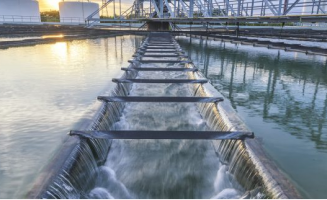bp’s Cherry Point Refinery is the first refinery in the Pacific Northwest capable of manufacturing diesel made from biomass-based feedstocks, which are processed alongside conventional feedstocks in an existing ultralow-sulfur diesel unit. Renewable diesel has the same properties as conventional ultralow-sulfur diesel, but with a lower carbon footprint.
Producing and distributing low-carbon renewable diesel requires stringent compliance with the laws regulating the supply of low-carbon and renewable fuels to the marketplace, which were different from bp’s area of expertise with traditional fuels. Registration of the pathway under the USEPA’s Renewable Fuel Standard (RFS) and California’s Air Resource Board (CARB) can be lengthy processes where intimate knowledge of clean fuel regulations, carbon intensity measurement models, and record-keeping requirements is needed. EcoEngineers was selected to help bp walk down this path at the Cherry Point Refinery.
Key performance
Met with the USEPA and CARB and obtained rule interpretations on the compliance requirements, calculation methodologies, and regulatory context of producing renewable diesel via coprocessing biomass-based feedstocks with fossil feedstock in a hydrotreater
Performed carbon life-cycle analysis of the renewable diesel using the CA-GREET model to arrive at a project specific carbon intensity (CI) score
Key results
Helped bp develop a compliance monitoring plan that allowed staff to track the gallons of low-carbon fuel within refinery operations
Registered the pathway and obtained USEPA approval in record time (33 days), which allowed the monetization of clean fuel credits under the RFS without delay




